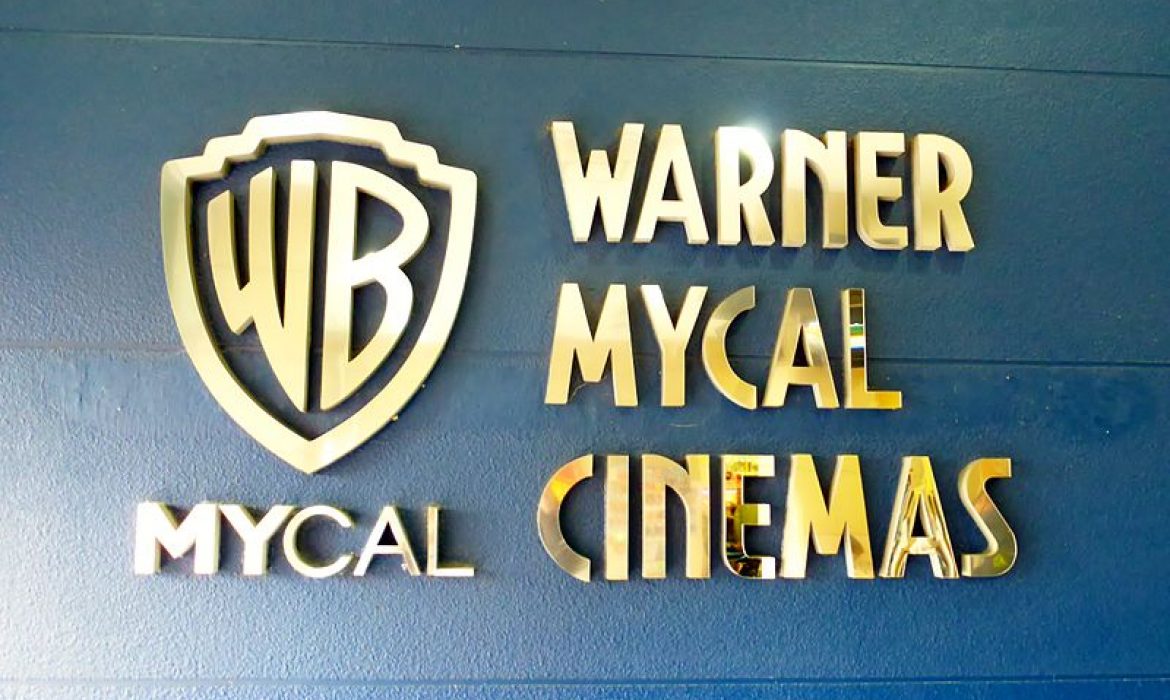In a surprising revelation, Bobby Kotick, the CEO of Activision Blizzard, recently disclosed that the company had explored the possibility of acquiring Time Warner, the owner of Warner Bros. and HBO. This ambitious move, which aimed to bring together the worlds of gaming and entertainment, could have transformed the industry landscape. However, the dream of a groundbreaking $85 billion deal came crashing down when AT&T successfully completed its acquisition of Time Warner in 2018, despite facing significant opposition from the U.S. government over antitrust concerns.
Activision Blizzard’s Ambitions: According to Kotick, Activision Blizzard was actively pursuing the acquisition of Time Warner. The plan involved leveraging the intellectual properties of both companies to create a powerful synergy between video games and film/television content. The prospect of such a collaboration fueled excitement within the gaming community and industry as a whole. Kotick revealed that Activision Blizzard had secured the necessary funding and was poised to act if AT&T’s acquisition fell through.
The Rise of Warner Bros. Discovery in Gaming: Following the acquisition by AT&T, Time Warner eventually transformed into Warner Bros. Discovery, which has since enjoyed notable success in the gaming business. One standout achievement was the game Hogwarts Legacy, which became the fifth game franchise to surpass $1 billion in value. This success further highlights the potential that Activision Blizzard saw in the merger and underscores the missed opportunity for the gaming giant.
Microsoft’s Ongoing Attempt to Acquire Activision Blizzard: Fast forward to the present, and Microsoft has made headlines with its bid to acquire Activision Blizzard in a monumental $69 billion deal. While the merger has gained approval in nearly 40 countries, including the European Union, it has encountered obstacles from antitrust authorities. The UK Competition and Markets Authority expressed concerns about the potential impact on the cloud gaming market, leading to the announcement of its intention to block the deal. Microsoft has since appealed this decision, and the case will be heard in court in July. Additionally, the U.S. Federal Trade Commission has filed a lawsuit to halt the acquisition, citing concerns about its potential negative effects on competition.
The Industry’s Shifting Landscape: The failed attempt to acquire Time Warner and the current hurdles faced by Microsoft in its bid for Activision Blizzard exemplify the changing dynamics of the gaming and entertainment industries. As companies seek to expand their reach and capitalize on intellectual properties across different mediums, they face regulatory scrutiny and antitrust concerns. These challenges reflect the growing influence and impact of the gaming industry, prompting authorities to closely monitor potential monopolistic practices.
Conclusion: Bobby Kotick’s revelation about Activision Blizzard’s attempt to acquire Time Warner sheds light on the company’s aspirations to revolutionize the gaming and entertainment sectors. The missed opportunity to combine the intellectual properties of both companies represents a pivotal moment in the industry’s history. With Microsoft’s ongoing bid to acquire Activision Blizzard facing regulatory hurdles, the future of the gaming landscape hangs in the balance. As antitrust concerns continue to shape the industry, the outcome of these proceedings will have significant implications for the gaming community and the broader tech and entertainment sectors.


